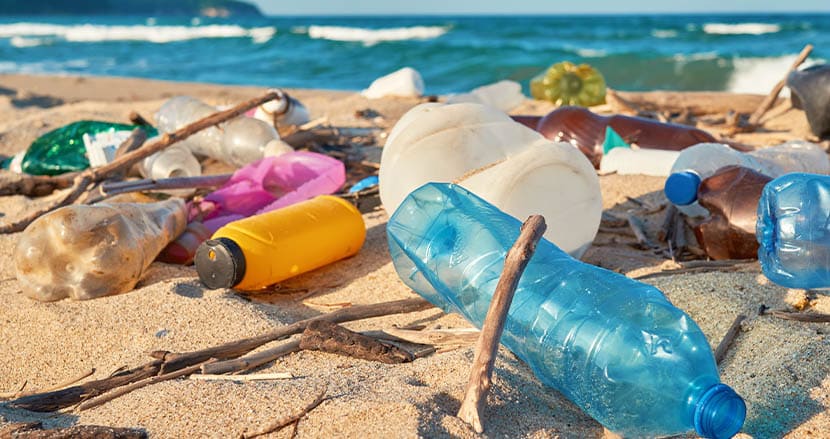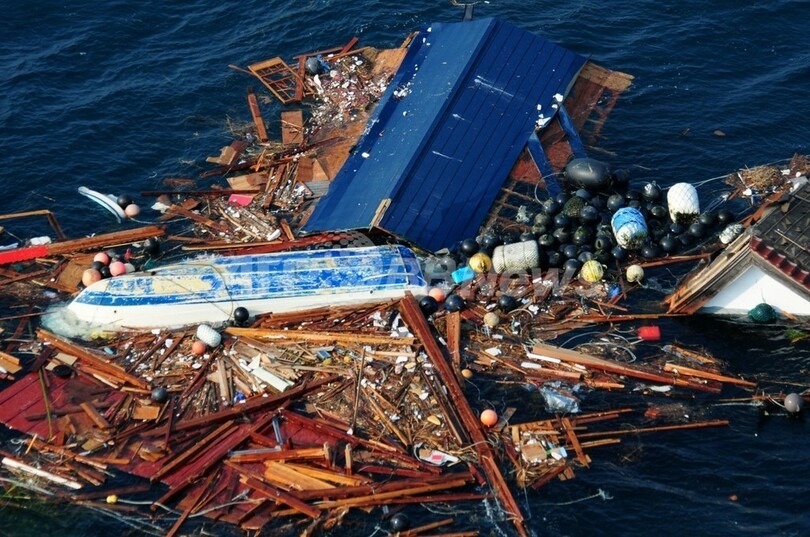고정 헤더 영역
상세 컨텐츠
본문 제목
ENVS1301 UNIT1 Discussion Forum: Environment Problems and Environmental Snapshot
본문

ENVS1301 UNIT1 Discussion Forum
Please find the instructions for the FIRST discussion assignment
Your posts should cover the questions below in full, and be at least 300 words long. Then reply to and peer-review at least three other posts by next Wednesday 11:59PM UoPeople Time, and rate the posts and replies.
One: If you live in the USA, then go to the EPA website at this following link, and at the bottom you will see a box titled “Your Community”... put in your zip code, and learn about land and environmental impacts in your local neighborhood. Then answer the questions below.
Environmental Protection Agency
Two: If you live in a country other than the USA, then research one local environmental or land use (agricultural or otherwise) concern or problem in your local area and country of residence. Then answer the questions below.
Some links to help you:
Three: For all students choosing this DQ, also go to this link, and find your country on the list, then look at the ‘Environmental Snapshot’ file for it.
Questions to Answer:
- What environmental concerns in your local area did you learn about?
- Did they surprise you? Why or why not?
- What do you think can be done to improve this (these) situation(s), hazard(s), problem(s), or concern(s)?
- Give two interesting facts that you learned about your country from the Environmental Snapshots page at the UN Statistics Division link.
- What other thoughts would you contribute to the topic?
Any materials cited should be referenced using the style guidelines established by the American Psychological Association (APA).

1. What environmental concerns in your local area did you learn about?
Japan is an island country that is surrounded by the oceans. Therefore Japan has long been plagued by marine pollution, or environmental issues related to the sea. It is also a problem that the Japanese government must solve in the long term.
I found an article about one of the environmental concerns in Japan on the site of UNEP Asia. The article's title is "Legacy of waste from Great East Japan earthquake underscores the need for urgent action on marine litter"(UNEP, 2016). To summarize the article's content, there was a vast earthquake called in Japan in 2011, and it caused a great tsunami and resulted in Fukushima nuclear disaster.
Then, more than one million tonnes of wreckage such as fishing boats, entire houses, cars, and everything in between was washed into the ocean by the tsunami and landed on coastlines in America and Canada, and all over the world (UNEP, 2016). Debris can entangle sea animals while plastic micro-particles can accumulate in plankton, which will harm ecosystems, human health, and economies (UNEP, 2016).
2. Did they surprise you? Why or why not?
It was surprising that debris crossed the Pacific Ocean and arrived in America. It is easy to imagine that many harmful substances and plastics will pollute the sea in the process.
3. What do you think can be done to improve this (these) situation(s), hazard(s), problem(s), or concern(s)?
Natural disasters can not avoid by our will. Therefore, it is challenging to solve this problem. One of the ideas that can apply to this problem is to reduce the production of plastic products.
Plastic waste is a common problem globally because it is emitted in our daily lives, not only through disasters. Famous restaurant chains such as Starbucks have abolished the use of plastic straws and disposable containers, and the trend is gradually spreading around the world. Similarly, the Japanese government can also reduce the use of plastics in general products as much as possible and promote the use of alternative resources.
4. Give two interesting facts that you learned about your country from the Environmental Snapshots page at the UN Statistics Division link.
We can know the agricultural land area in Japan was reduced by 21% since 1990 (United Nations Statistics Division, 2016). This means that urbanization has progressed and many buildings and factories have been built. It is no wonder that the tsunami caused a lot of debris, even though the Great East Japan earthquake hit the countryside.
The proportion of municipal waste recycled in Japan was 20%, and it was low than many developed countries (United Nations Statistics Division, 2016). The US was 26%, the UK was 27%, and Germany was 47%. I thought that Japanese people have committed to recycling as well, but I realized we must do more.
5. What other thoughts would you contribute to the topic?
With the development of the national economy, the environment has almost always been polluted in the world. Since 1960 after the war, Japan has also experienced a lot of environmental pollution because companies did not pay much attention to environmental issues at the time. But now it has changed. Education has changed public consciousness and opinion. Environmental pollution is now a problem even in developing countries. I think such countries also need education.
Marine pollution or air pollution is affecting many countries, ignoring national borders. It is common to pursue the responsibility of a particular nation, but I thought it was a problem that every person in the world had to think about seriously and tackle.
Thank you for reading guys. (602 words)
References
UNEP. (2016). Legacy of waste from Great East Japan earthquake underscores need for urgent action on Marine Litter. UN Environment Program. Retrieved from https://www.unep.org/news-and-stories/story/legacy-waste-great-east-japan-earthquake-underscores-need-urgent-action
United Nations Statistics Division. (2016). Japan. Environment Statistics Country Snapshot. Retrieved from https://unstats.un.org/unsd/environment/envpdf/Country_Snapshots_Dec_2016/Japan.pdf




